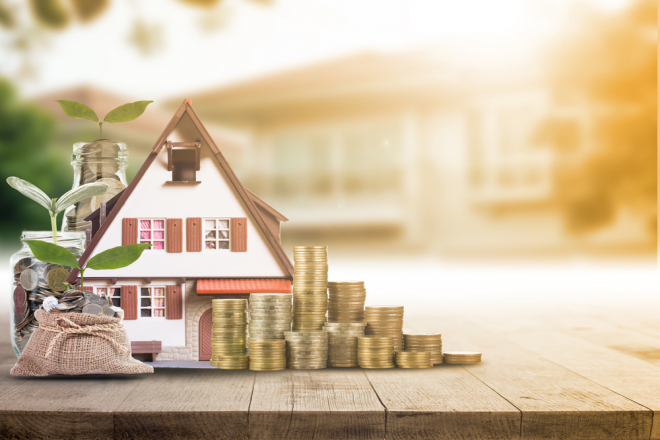

When potential buyers are ready to begin their dreams of homeownership, they often start by looking at real estate listings. The asking prices are the starting point for determining how much home a buyer can afford, but there are plenty of other costs and fees not spelled out in that one number. By looking at all the associated expenses, you can decide if you have enough money to buy a home.
- Down Payment
Most mortgage loans require at least some down payment (VA loans for military are one big exception). A conventional loan an require as much as 20% down. For a $250,000 home, a 20% down payment would be $50,000. If 20% is too prohibitive, there are several other loan types that allow much lower down payments. FHA loans, for example, require just 3.5% down. However, borrowers should realize that any time they put down less than 20%, they will have to pay for mortgage insurance. This is insurance that protects the lender, not the buyer, in case of default. Borrowers must pay this premium until they reach 20% equity in their homes, although some government loans now require mortgage insurance premiums for the life of the loan.
- Closing Costs
These are fees paid to the lender and other third-parties that helped facilitate the home sale. They can amount to between 2%-5% of the mortgage and include things like home inspection fees, appraisal costs, lender origination fees, title search and insurance, prepaid property taxes and homeowner’s insurance. In some cases, you may pay discount points to the lender in exchange for a lower mortgage interest rate. One point is equal to 1% of the home loan total, so paying points is usually only helpful if you plan to stay in the home for many years.
- Property Taxes
Once you become a homeowner, you continue to pay state property taxes. This can be paid annually in one lump sum or split into 12 and added to your monthly mortgage payment. Even after you completely pay off your home loan, you will still have to pay property taxes every year.
- Homeowner’s Insurance
You will also be required to have a current homeowner’s insurance policy as long as you have a mortgage. Typically, the premium is divided and paid monthly as part of your home loan payment, but you can choose to pay it annually or bi-annually. If you live in hazard areas – those prone to earthquakes or floods – you will need extra insurance for those possibilities.
- Utilities
Potential buyers should also factor in the cost of utilities before making the decision to buy. Utility rates can vary from city to city depending on the power and gas companies. Costs also rise dramatically with larger homes.
- HOA Fees
Some neighborhoods are part of Home Owner Associations (HOAs) or Condo Associations. These require monthly dues for the upkeep of certain community features. Be sure you know how much those fees are before buying.
- Home Maintenance Expenses
And of course, homeownership requires plenty of maintenance costs. This could range from fixing plumbing and appliances to repairing or replacing the roof to yard care expenses. It is a good idea to always keep roughly 1% of the home’s value in reserve to cover routine and unexpected home maintenance costs.
Give us a call today at 970-377-0753 and within just a few minutes - we can let you know how much you can borrow to buy a home.
